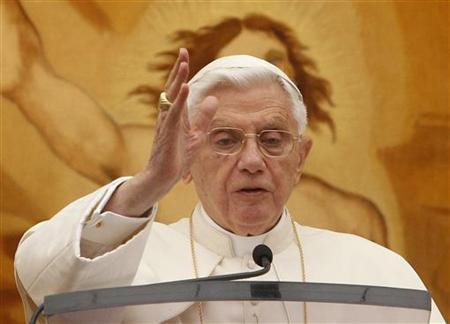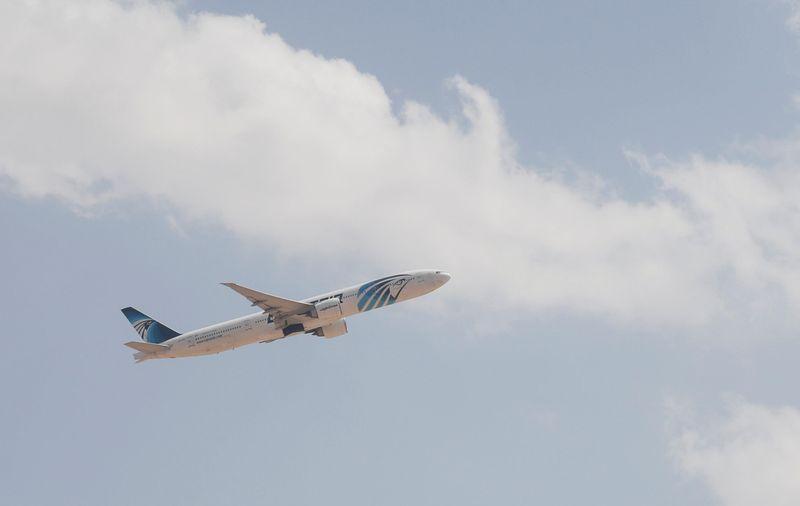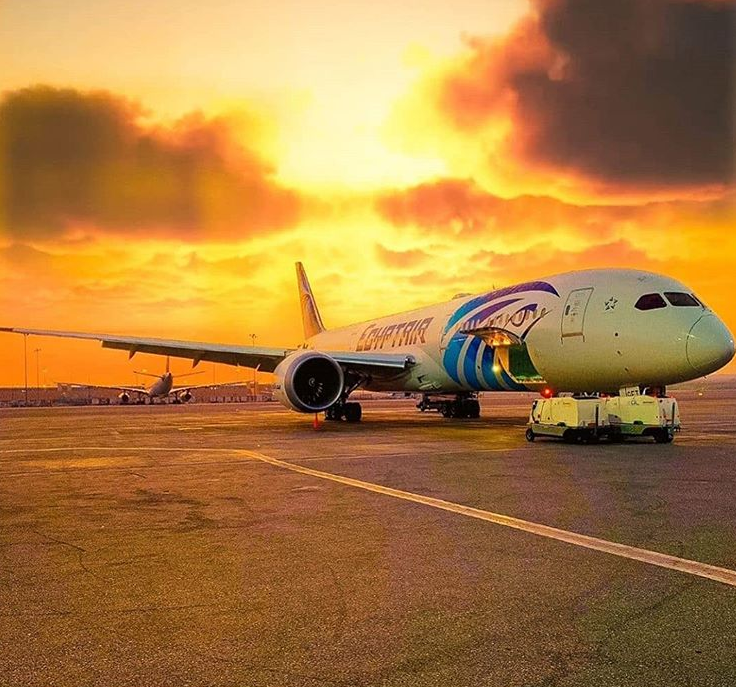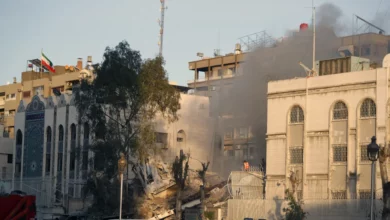
Pope Benedict makes a religiously delicate and potentially dangerous trip to Lebanon this weekend to appeal for peace and reconciliation in the Middle East as civil war rages next door in Syria.
The 85-year-old pope, making his 24th international trip and fourth to the Middle East, will spend three days preaching unity among Christians and peace between Christians and Muslims during his time in the Lebanese capital Beirut from Friday to Sunday.
"I urge all Christians in the Middle East, whether they be long-established or recently arrived, to be builders of peace and agents of reconciliation," he said during his general audience on Wednesday.
Benedict will hold two major open-air events and meet with representatives of all of Lebanon's myriad Christian and Islamic communities and political leaders. Such a rich religious tapestry, the pope said on Wednesday, "can only continue if it [the Middle East] lives in permanent peace and reconciliation.”
The Vatican realizes the pope will be preaching peace in Beirut while only 50 km away Syria's civil war goes on. Opposition groups say more than 27,000 people have been killed in an uprising that began almost 18 months ago, and clashes have occasionally spilled into Lebanese territory.
It will be the closest the pope comes to a military conflict in any one of his trips since his election in 2005 and will unfold amid growing alarm in Lebanon, given that Lebanese sectarian divisions resemble those in Syria.
Lebanese were themselves enmeshed in a civil war along sectarian lines between 1975 and 1990.
Tensions have been rising between Sunni Muslims in Lebanon, who generally back the uprising led by Syria's Sunni majority, and Shias who usually support Syrian President Bashar al-Assad's minority Alawi sect, an offshoot of Shia Islam.
While events in Syria and their repercussions in Lebanon have raised fear in some quarters that the trip is too dangerous, the Vatican is confident about the pope's security after receiving guarantees from the country's fractious groups.
Vatican “tranquil as can be” on security
"I am as tranquil as humanly possible," Archbishop Gabriele Caccia, the Vatican's ambassador to Beirut and a key organizer of the trip, told Reuters in an interview earlier this week.
Caccia said organizers had been given "reasonable guarantees" that the visit would not be disrupted. "Clearly security forces are on alert. Security is always a priority during papal visits, particularly in this [regional] context, which is a heated one," he said.
"But I must honestly say that as far as the Lebanese components are concerned, no sector has expressed opposition to this trip. All the communities — Christians, Muslims, Sunni, Shia, Druze and Alawi — have reacted positively to the trip."
Caccia said a delegation from the militant Shia group Hezbollah, which is also a political organization, visited Lebanon's Maronite Christian patriarch recently and "expressed joy" at the pope's trip.
It was not clear if representatives of Hezbollah, which Israel and the United States consider to be a terrorist group, would be present at any of the Pope's encounters with religious and political leaders.
Asked about the Vatican's view of Hezbollah, spokesman Father Federico Lombardi told a briefing on Tuesday, "I have nothing to say right now…"
Benedict is making the three-day visit to issue a document known as a "apostolic exhortation" based on the results of a synod of Catholic bishops on the Middle East in 2010.
That synod tackled subjects such as regional security, the exodus of Christians from the region and the need for a resolution to the Israeli-Palestinian conflict — all topics that are expected to be addressed in the papal document and in Benedict's speeches.
The Vatican is particularly concerned about the exodus of Christians from the Middle East who, according to some estimates, now comprise 5 percent of the population of the region, down from about 20 percent a century ago.
According to some estimates, the current population of about 12 million Christians in the Middle East could be half of that by 2020 if security and birth rates continue to decline.
"Christians are in the Middle East not because they arrived with a colonial empire. They are an original part of the landscape, they are citizens of these lands, they have roots in this land and they have a right to live in the place where they were born," said Caccia, the Vatican ambassador to Beirut.




